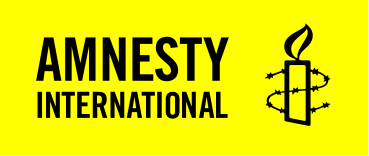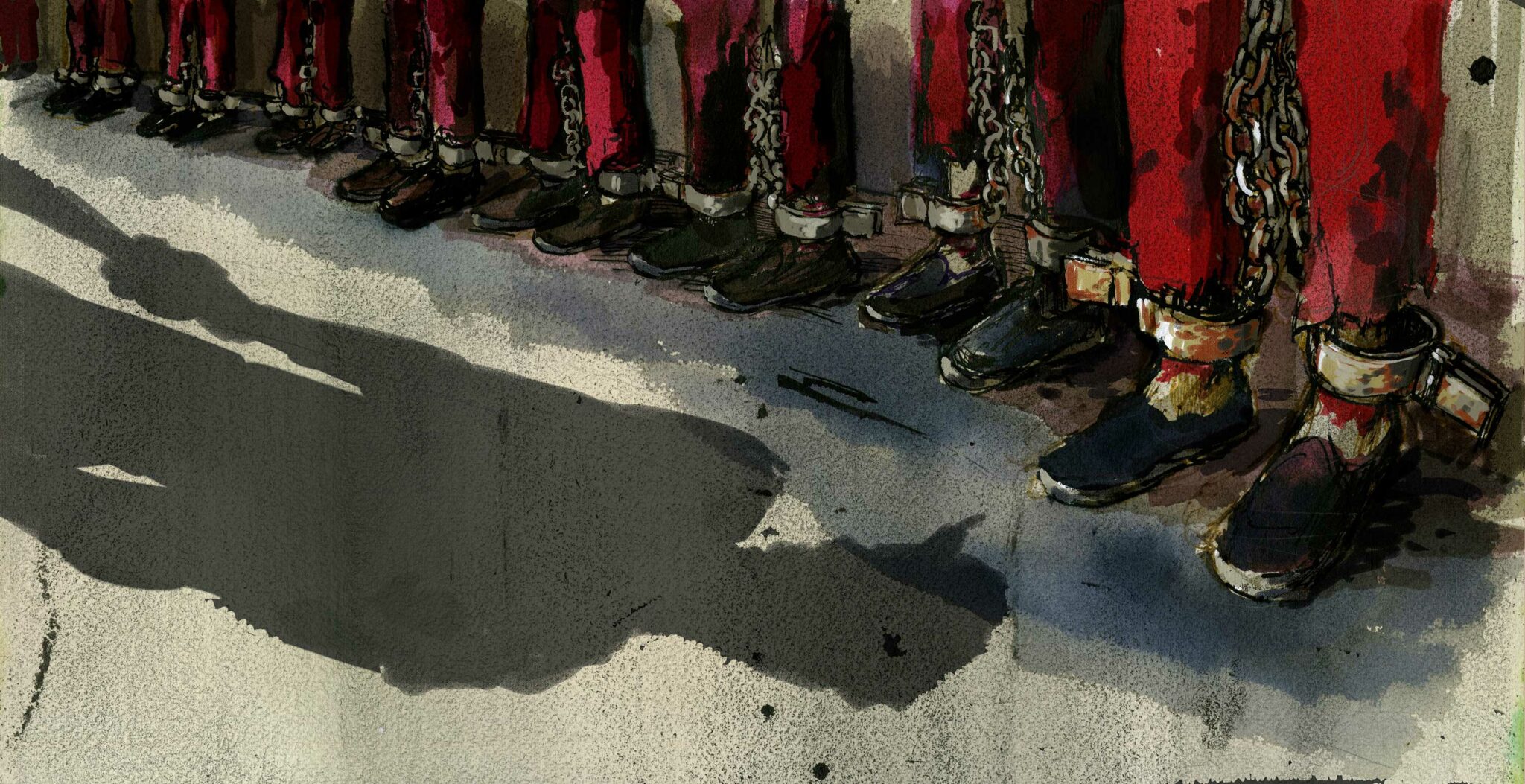‘Political education’
Most former detainees reported attending some combination of history, law, and ideology classes or, as many former detainees referred to it, “political education”. These classes focused largely on forcibly indoctrinating detainees about the “evils” of Islam and about how prosperous, powerful, and “benevolent” China, the Chinese Communist Party (CCP), and President Xi Jinping are. [[[Amnesty International interviews.]]] These classes were often taught by government officials or delivered on video by state-approved imams talking about religion, or judges and lawyers speaking about what the state classified as “terrorism”, “extremism”, and “separatism”. Many also involved films of CCP sessions or speeches by Xi Jinping, or propaganda plays about families turning into “terrorists”. Significant portions of the classes were devoted to red songs about the greatness of China, the CCP, or Xi Jinping. [[[Amnesty International interviews.]]] Some detainees were made to sing for hours on end until their throats became sore. [[[Amnesty International interviews.]]] Detainees were punished for not singing or for singing the songs incorrectly. [[[Amnesty International interviews.]]]
Yerulan, who said he was detained for downloading WhatsApp and buying an illegal SIM card, told Amnesty he believed the classes were structured to prevent detainees from having and practising their religion:
I think the purpose [of the classes] was to destroy our religion and to assimilate us… They said that we couldn’t say ‘as-salamu alaykum’ and that if we were asked what our ethnicity was we should say ‘Chinese’… They said that you could not go to Friday prayers… And that it was not Allah who gave you all, it was Xi Jinping. You must not thank Allah; you must thank Xi Jinping for everything. [[[Amnesty International interviews.]]]
Ehmet, who said he was detained for his relationship to a “suspicious” person, told Amnesty International he attended classes focused on pushing people away from Islam and from travelling abroad, and towards certain common social habits perceived to be “Chinese”.
They taught us not to visit other countries, to stay in China. That going abroad might give you the wrong ‘ideology’. They told us to start smoking and to drink alcohol. If you don’t [drink and smoke] it is a sign of being religious. We were told not to go to mosques when we were released, that you could get 20 years [in prison]… They told us to only greet people in Chinese. And to have your children watch only Chinese television. [[[Amnesty International interviews.]]]
Anar, who was sent to a camp for reasons related to religion, told Amnesty his classes focused on the supposed “problems” with Islam:
We watched videos by… an official religious figure, about how we should follow the country’s law… there were three or four videos that we watched on repeat… In the video he says, ‘There is no such thing as jihad, don’t follow the terror idea, it is illegal to kill or do violence.’ We watched [the same] video for four hours a day, or for the whole day if there was an inspection. [[[Amnesty International interviews.]]]
Khaina, who said she was detained for having a forbidden messaging application on her phone, told Amnesty that afternoons were spent in a class she described as propaganda about the greatness of China.
[T]here were ‘law’ classes, but it was not really law, it was ideology… It was about how a country should have one language… about how China was great and excellent, and how Kazakhstan was bad… And [they would show us a big] bridge that China built… and talk about fighting terrorism, and how those in the [re-education] camps were terrorists themselves… They were brainwashing us to say that without the Chinese Communist Party there was no China, no prosperity, and that Xi Jinping was great… They made us sing ‘Xi Jinping is the father of China, father of the world’. [[[Amnesty International interviews.]]]
Kuanish, who was sent to multiple camps, told Amnesty that at the first camp he was made to watch videos about all the things the government did to help the poor and about all the sacrifices people made for China in World War II:
They also told us, ‘It took 39 million people to die to build a new China, and you Uyghurs are only 16 million… Why are you Uyghurs looking for something bad? Why don’t you enjoy your life?’ They used to show us wars between China and Japan. They used to make us write essays about how we thought and felt about the movie, what we thought about millions of deaths to build a new China. They repeated the same movies every day. They told us not to bite the hand that feeds you, and don’t spit in the water you are drinking. We would ask what our crime was. They would say, ‘The fact that you are talking back right now is a crime in itself,’ that you shouldn’t speak. We would sit there quietly.
Three or four people came during the day and lectured us. They would make us memorize [political] slogans, law, and tell us that the Communist Party was good. We had to sit and listen and memorize… In the second camp they would show us photos of Uyghurs who left for Afghanistan, Uzbekistan, and Pakistan, and say that ‘This guy is in prison for so many years, this guy for so many years.’ They said that if you go [abroad] we will catch you and detain you… This is how they would make the day go. [[[Amnesty International interviews.]]]
These former detainees’ accounts of political education classes are consistent with testimony given by other former detainees to journalist and other human rights investigators. [[[See Alison Killing and Megha Rajagopalan, BuzzFeed News, What They Saw: Ex-Prisoners Detail The Horrors of China’s Detention Camps, 27 August 2020 →; Human Rights Watch, Eradicating Ideological Viruses: China’s Campaign of Repression Against Xinjiang’s Muslims, 9 September 2018 →]]]



